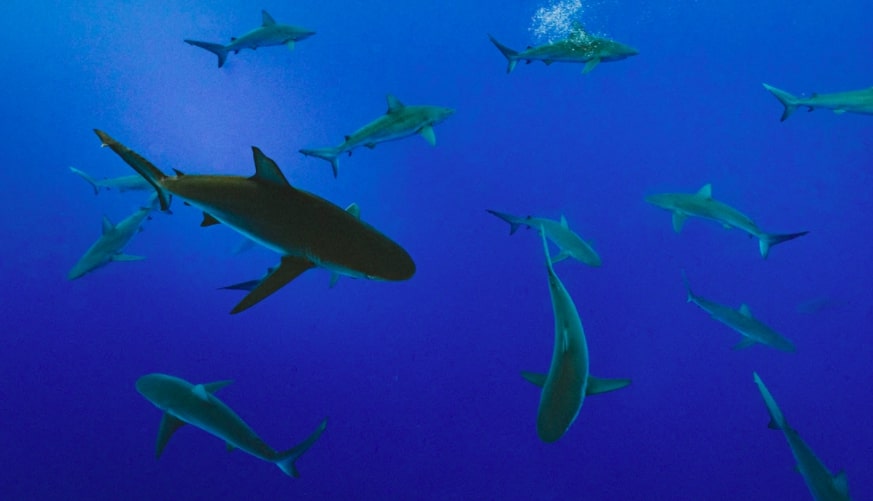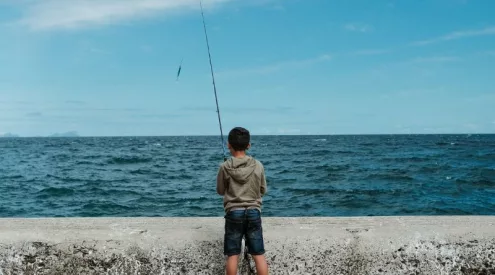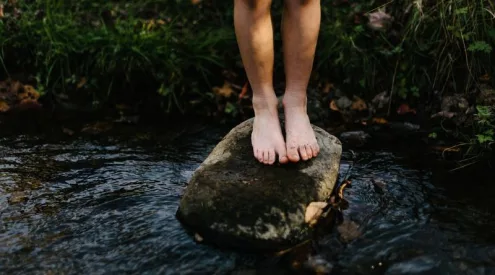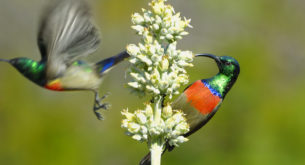Sharks are incredible creatures. They are fiercely misunderstood and the stigma associated with these animals and their supposed desire to consume humans, is a belief entrenched in many.
Sharks play a vital role in sustaining the health of the ocean ecosystems. They regulate the food chain, keep fish populations under control and essentially keep reefs healthy.
What’s ironic is that while humans have been taught to fear sharks, the global average of sharks killed per year by humans is 100-million.
In 2019, there were 5 fatal shark attacks on humans, 2 of which were unprovoked. The global average of human fatalities from shark attacks is four per year.
The Two Oceans Aquarium works hard to educate the public on the importance of sharks, by dispelling myths and answering questions about these predators.
A recent question they have tackled is: Do sharks sleep?

There are 1,000 species of sharks according to WWF.
In 2016 near Mexico’s Baja Peninsula, the Discovery Channel filmed a great white shark, which needs to keep moving to stay alive, in a completely catatonic state with its mouth open facing the current.
These oceanic predators have also been seen sleeping in the gullies on False Bay according to Two Oceans Aquarium.
‘In support of the above behaviour in great whites, some studies have shown that sharks’ swimming muscles are regulated by their spinal cord, not directly by their brain, so it’s possible that sharks covering long distances could “sleep” while they swim. All vertebrates possess bundles of nerves called “central pattern generators” – basically the nerves that regulate rhythmic movements like swallowing, breathing and walking. A study of spiny dogfish revealed that these sharks have them in their spinal cords. This is possibly an adaptation that allows sharks to keep swimming while their brains rest, or possibly sleep,’ said the Two Oceans Aquarium.
A study looked at the behavioural sleep in two species of buccal pumping sharks (sharks that are able to breathe while staying still). Slight electrical pulses were given to their surrounding water while the animals were not moving or in their resting state, according to Two Oceans Aquarium.
The two sharks used in the study, a Port Jackson and draughtboard, responded to stronger pulses while in this state, whereas when they were in their active state, the animals responded to the lower pulses.
The study found that the reduced state of awareness could be seen as an indicator that the animals were in fact asleep rather than just still.
Another study looked at whether sharks rest according to how much time they have spent active. It found that a shark’s rest cycle is dependent on the animal’s Circadian rhythm. This means they sleep or rest based on instinct.
Essentially sharks rest but there is not enough hard evidence to prove whether or not they full on visit dream land and sleep.
‘Sharks definitely rest. They definitely “space-out”. But, it’s not clear if this is actually “sleep”, which is a reduced state of consciousness, or simply periods of reduced physical activity,’ says the Two Oceans Aquarium.
Image: Unsplash

















